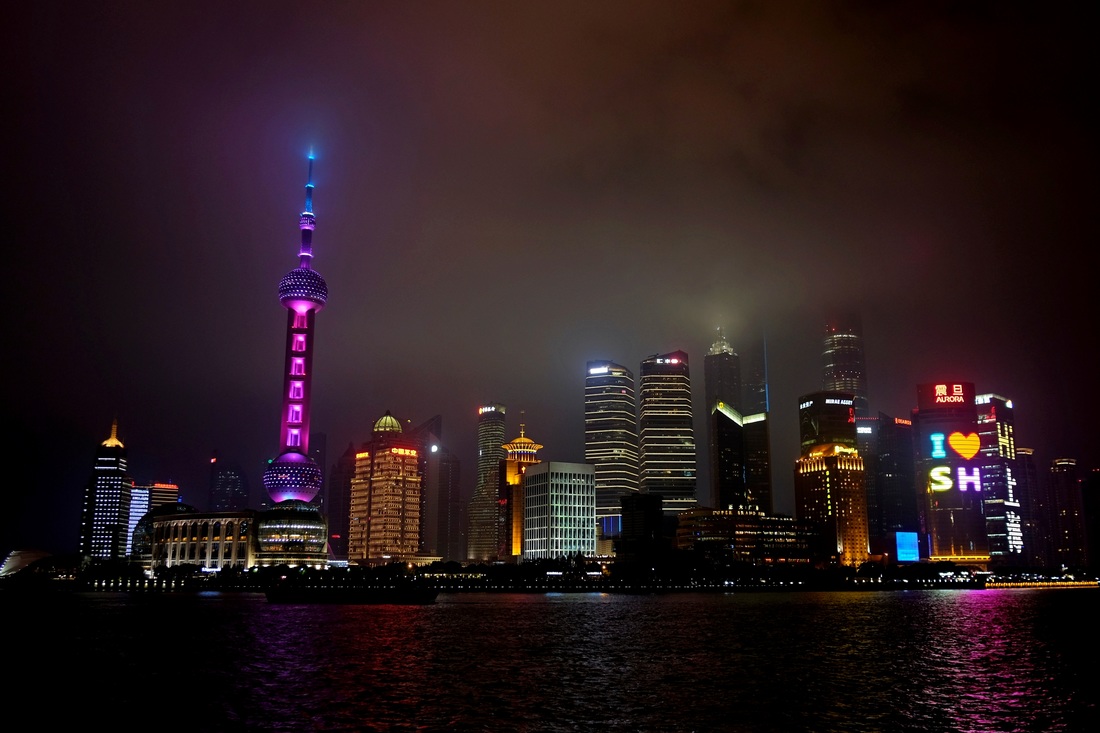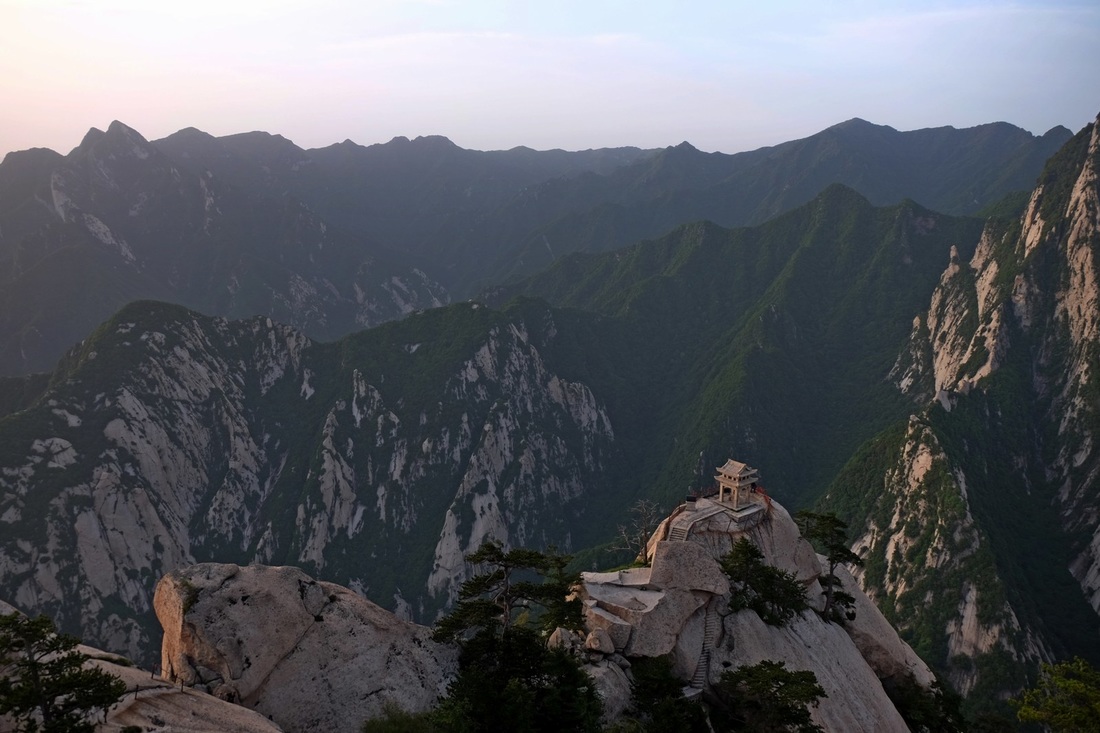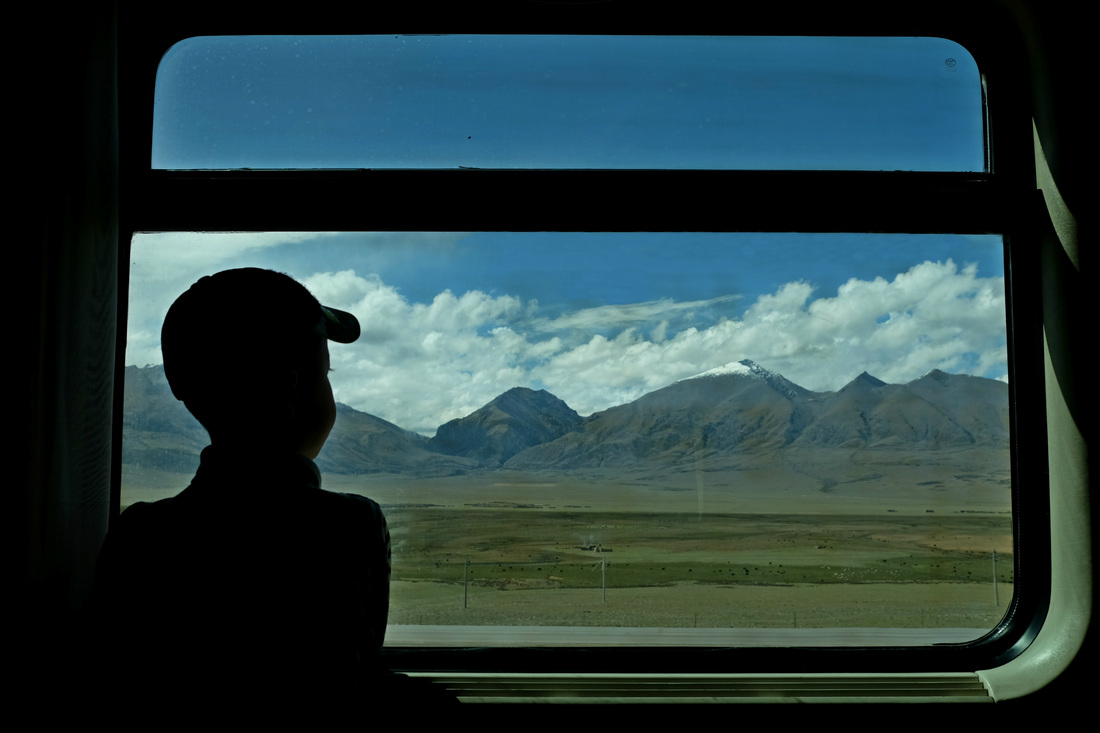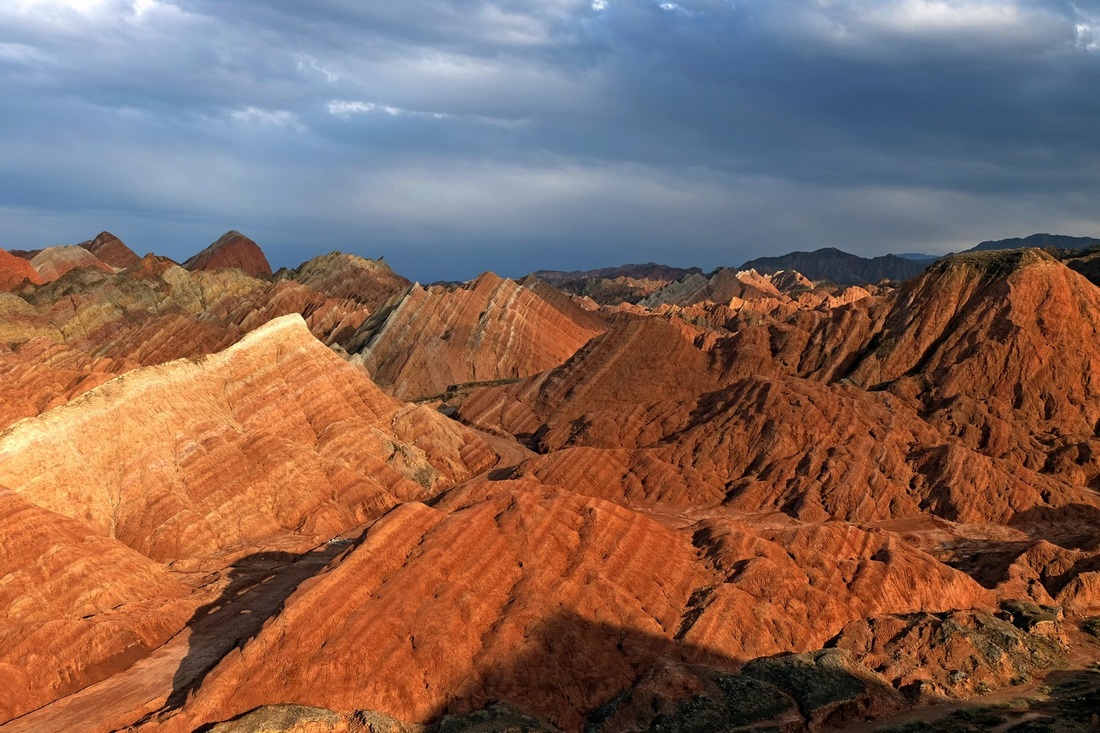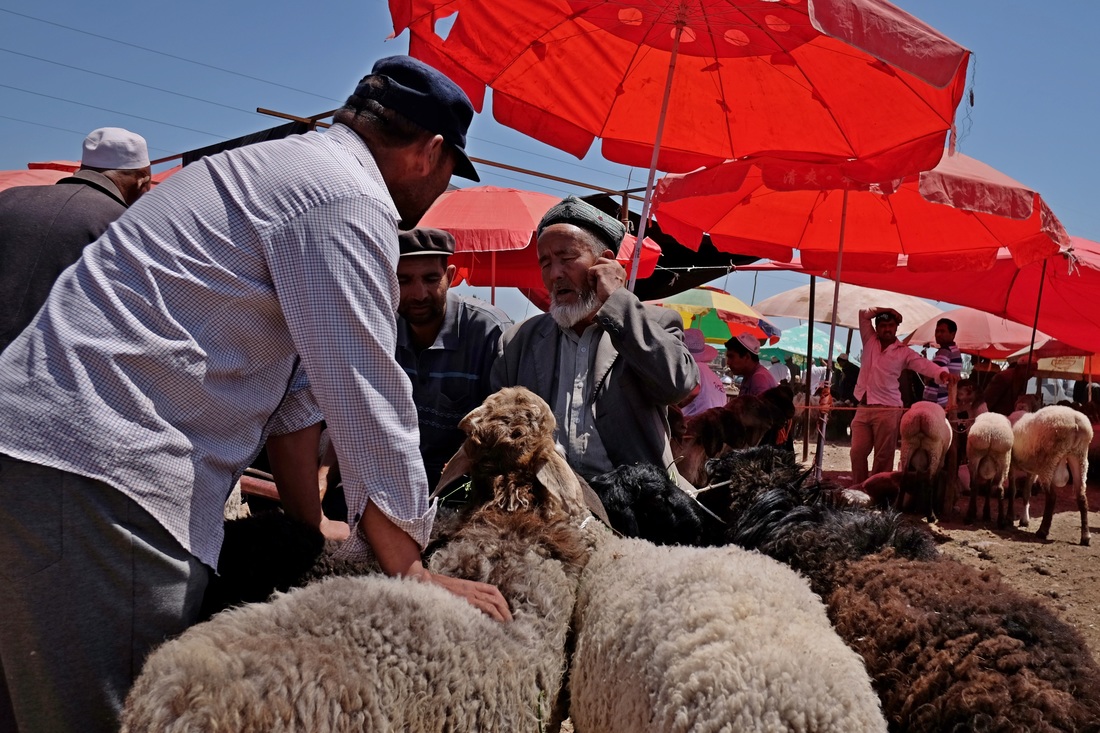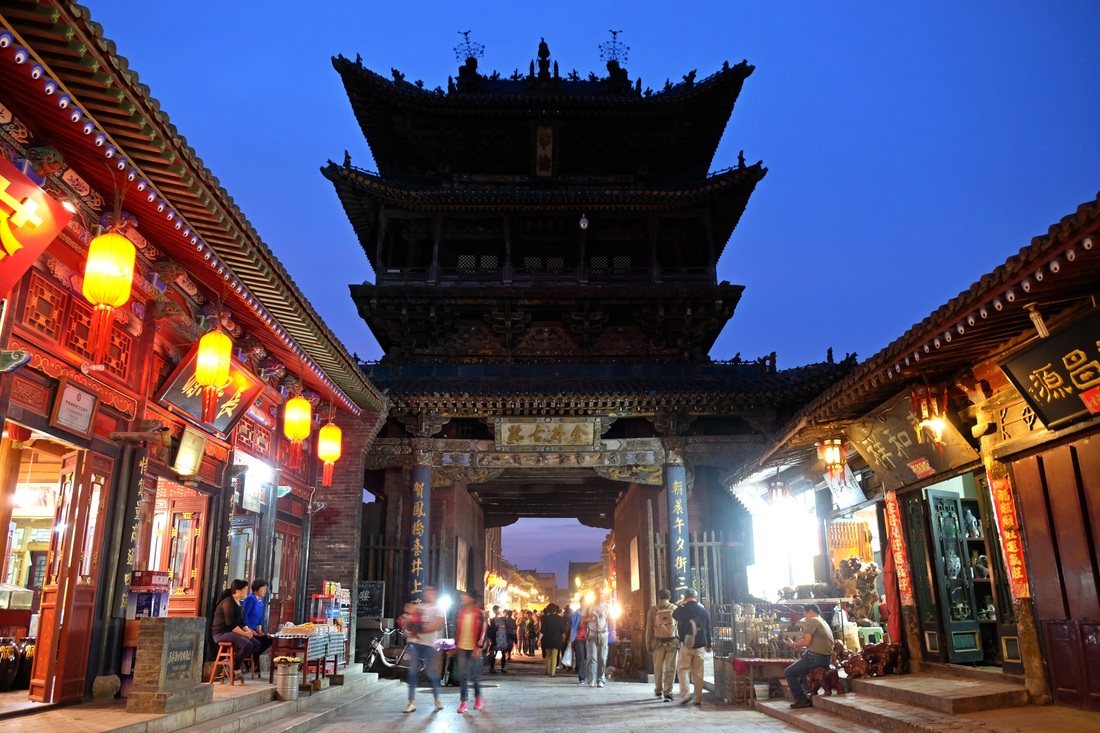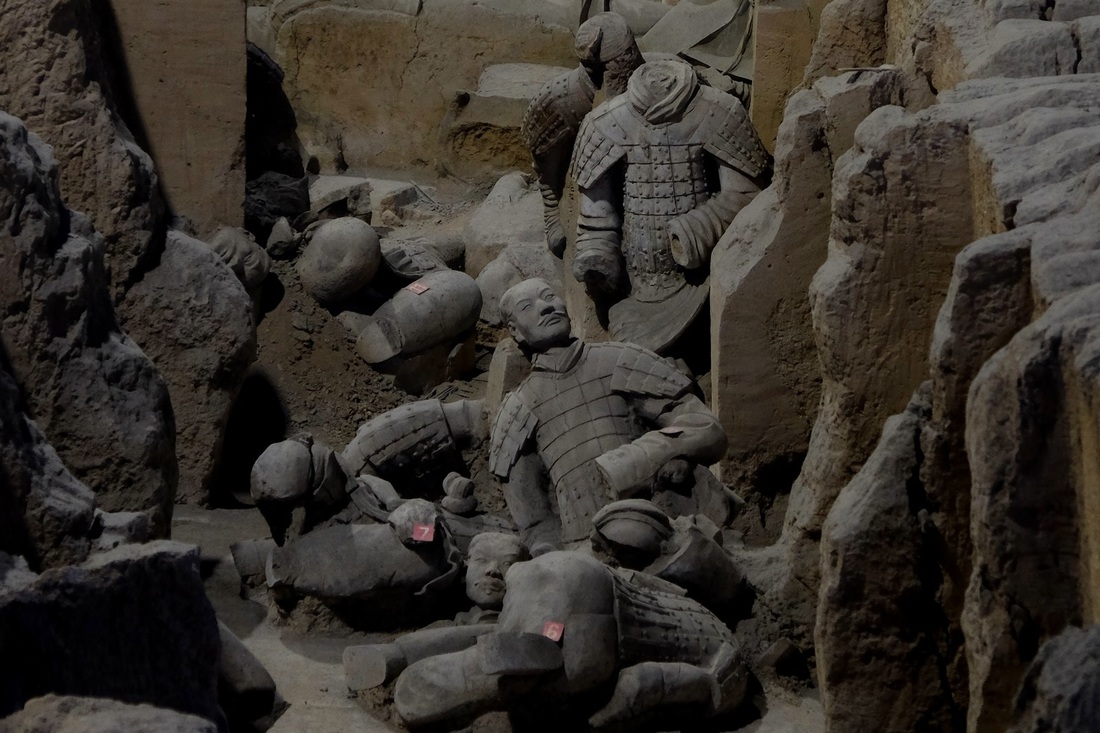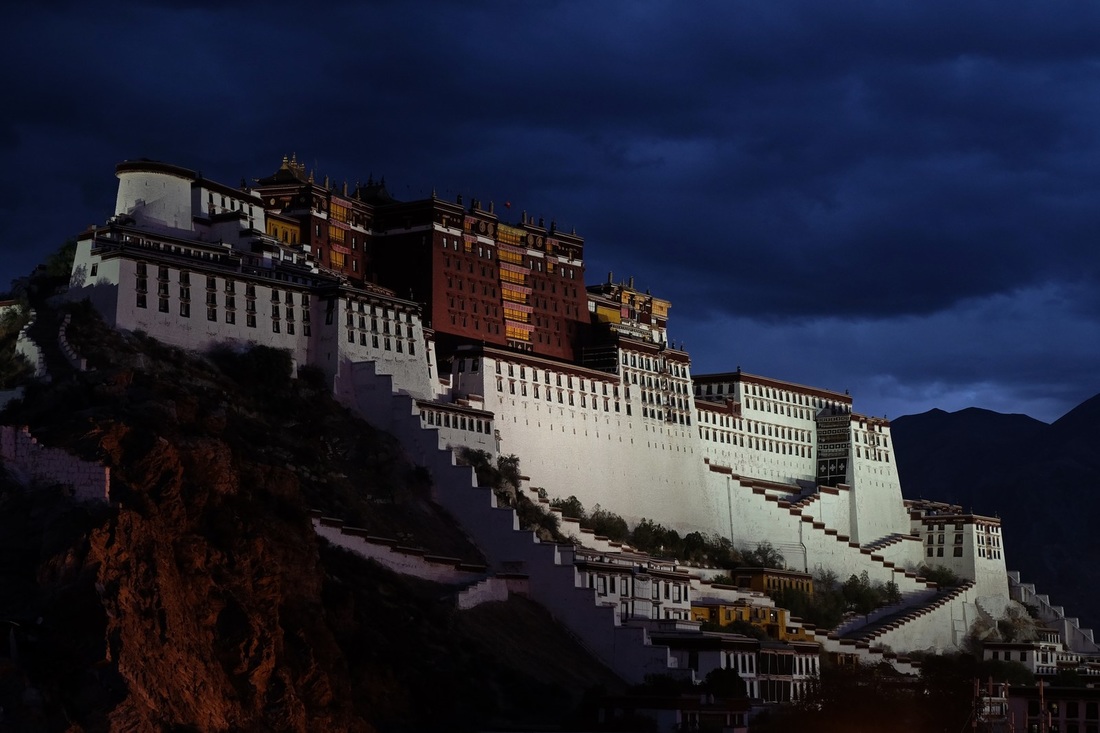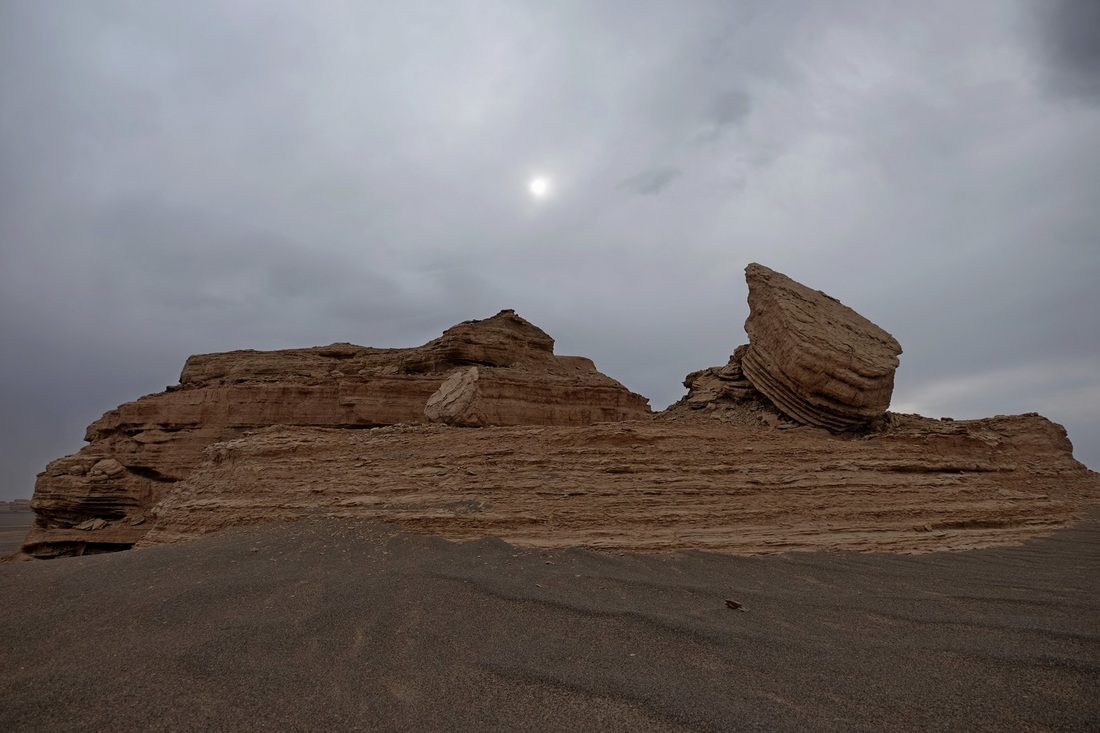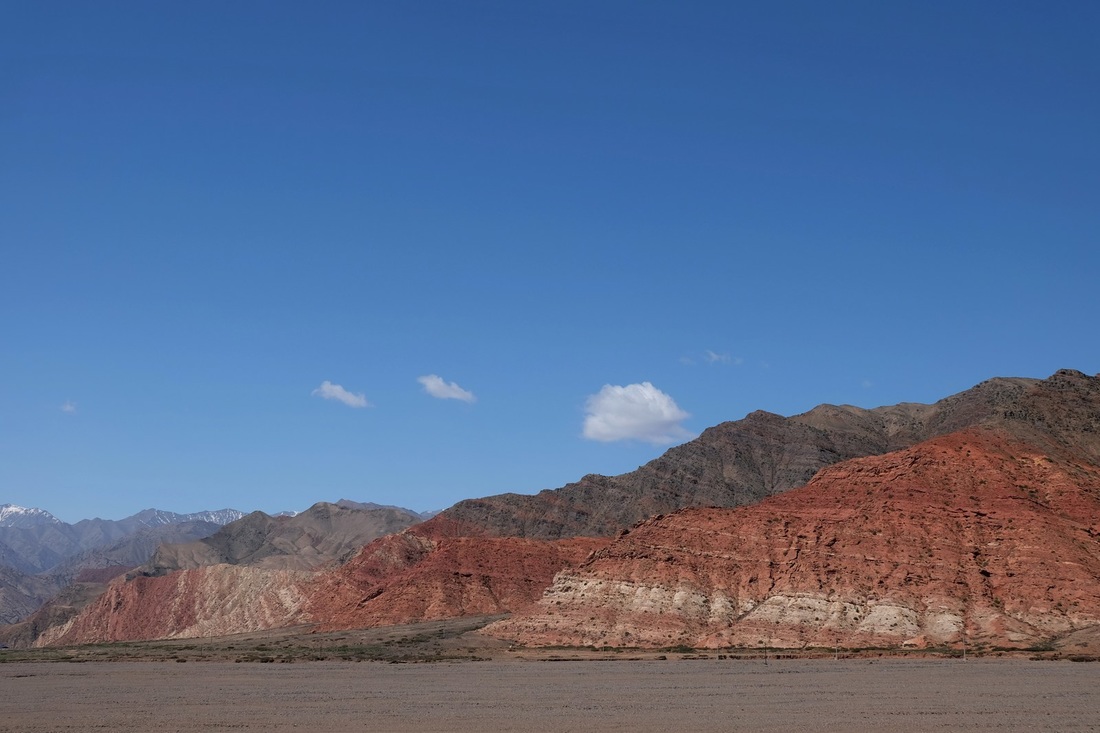Although I didn’t have the good fortune of the monk’s three companions to fend off the baddies, I really didn’t need them. China today is the safest it has ever been. At no point in time did I feel threatened or insecure, even in the purportedly volatile areas of Southern Xinjiang. My guiding principle for travelling has always been “it’s never as bad, or as good, as they tell you”.
It only proved to be half-accurate this time. The month I spent here blew away all expectations, and erased some truly deep-seated (mis)conceptions and prejudices I had. And yes, it is every bit as good as they say. Better even. And like the monk, I have emerged from my journey, enlightened.
Though it will take many more journeys like this to gain a thorough appreciation of the country, my time here has taken me across (almost) the entire spectrum of what China has to offer. From the glitz of Shanghai to the grime of Xinjiang – parts of it anyway. From the roof of the world in Tibet to the second lowest city in the world, Turfan. I have been astounded by the engineering marvel that is the Qinghai-Lhasa railway, and had all my senses abused by the minibuses in provincial Zhangye. I have seen the snow fall over the Tanggula Pass on route to Tibet, and the sands shift between the dunes of Dunhuang on the way to Kashgar. And I will never forget the rainbow rocks of Danxia.
You get the picture – China is a very large country. Stupefyingly so. It can offer a lifetime’s worth of experiences in one trip, if you’re willing to go the distance. Having said that, the transportation options are getting increasingly sophisticated. I did my trip economically, or in what I like to call “bearable hardship”. Those with more generous budgets can add flights and first-class train travel to the options list. More frugal travellers can opt for standing tickets on trains, or pretend to be students and pay half price. The fact that China’s transportation ecosystem offers so many possibilities to so many people is light years of progress from not-so-long-ago.
Complaints? Sure, who doesn’t have them. I am appalled by how the minorities in the Tibet and Xinjiang regions have been treated over the past few decades. Everyone in China seems to have an opinion about this, mostly in staunch defence of the government’s hard-hitting, heavy handed approach. I have heard the minorities described by their own countrymen using words not dissimilar to “dangerous” and “feckless”. But how many of them have actually been there, and seen things first-hand, without being insulated by the biased bubbles that are tour groups? I do not pretend to understand all the challenges in Tibet and Xinjiang. But surely there is a better way.
The Han-Chinese can be fiercely cliquish, and an outsider is unlikely to break-in easily. But one has to understand that it is this togetherness which form the underpinnings of successful Chinese communities everywhere in the world. And there has been no other race which has prospered across more geographies, in more diverse conditions than the Chinese. For this, and many other reasons, I feel privileged to be part of this fraternity, even if I don’t agree with certain practices.
Of course, if you are hereditarily Han, and can speak even a smattering of Mandarin, you’re in for a bit of a treat in China. Most people will be overwhelmingly accommodating, to the point of embarrassment – for you. I have been offered meals by complete strangers I met in trains, given extraordinarily good tips on where to go and what to see, called “da ge” or “big brother” and had all expenses paid for, and even treated with extra compassion by officials at border crossings, or at ticket stations. Being introduced with “ta shi hua ren, hui jiang han yu” or “he is Chinese, and speaks the Han language”, goes a long way towards softening a typical Chinese person’s external shell hardened by pride, a little suspicion and probably a lot of insecurity.
It was encountering this extraordinary kindness, and from all ethnicities – Han, Tibetan, Uighur – that really made all the difference in the world for me. The same trip, with the amazing sights, but without this human aspect would be like an experience with colour but not flavour.
The “Old China” which people speak of – the pushing, the spitting, the queue jumping – still exists, but in rapidly shrinking pockets. As I saw in Dunhuang, people can change, and hold themselves to a higher standard than everyone else. I believe it is a matter of time before the Chinese catch-up with the West in every aspect, including the “difficult” ones e.g. civic mindedness, etiquette, morality etc. And it will come sooner than expected. The country, and its people, have a remarkable history of surprising the rest of the world with their indomitable tenacity and insatiable appetite for progress.
Here's a roundup of my experiences in China:
What a trip!
